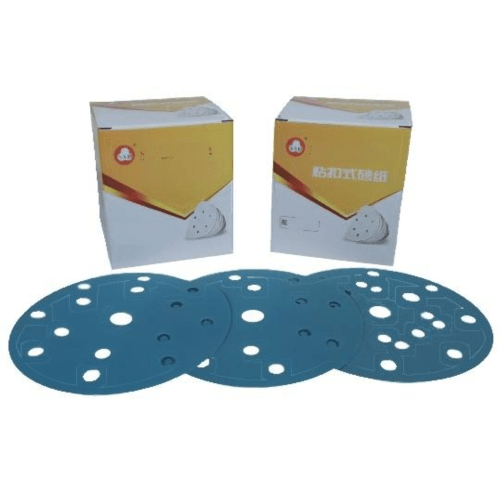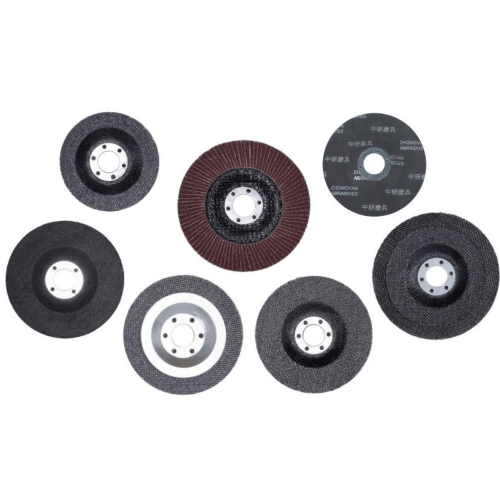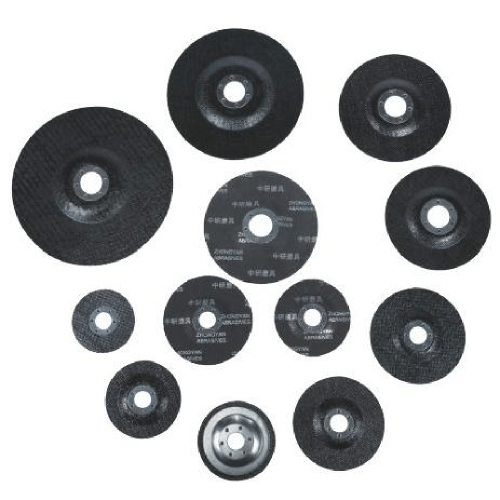wheel balance
Wheel balance is a critical aspect of vehicle maintenance that ensures optimal performance and safety on the road. This precise mechanical process involves equalizing the weight distribution around a tire and wheel assembly, enabling them to rotate smoothly at high speeds. Modern wheel balancing equipment utilizes sophisticated computer technology to detect even minimal weight variations, measuring both static (vertical) and dynamic (side-to-side) imbalances. The process involves attaching small weights to specific points on the wheel to counteract any irregularities in weight distribution. Professional wheel balancing services employ high-precision mounting equipment and diagnostic tools to achieve perfect equilibrium, ensuring that each wheel rotates without vibration. The technology has evolved significantly, now incorporating laser-guided measurements and digital displays for enhanced accuracy. Proper wheel balance is essential for various vehicles, from everyday passenger cars to heavy-duty trucks and high-performance vehicles. This service not only extends tire life but also improves fuel efficiency, reduces wear on suspension components, and enhances overall driving comfort. Regular wheel balancing is recommended every 5,000 to 6,000 miles or when new tires are installed, making it a fundamental aspect of preventive vehicle maintenance.


